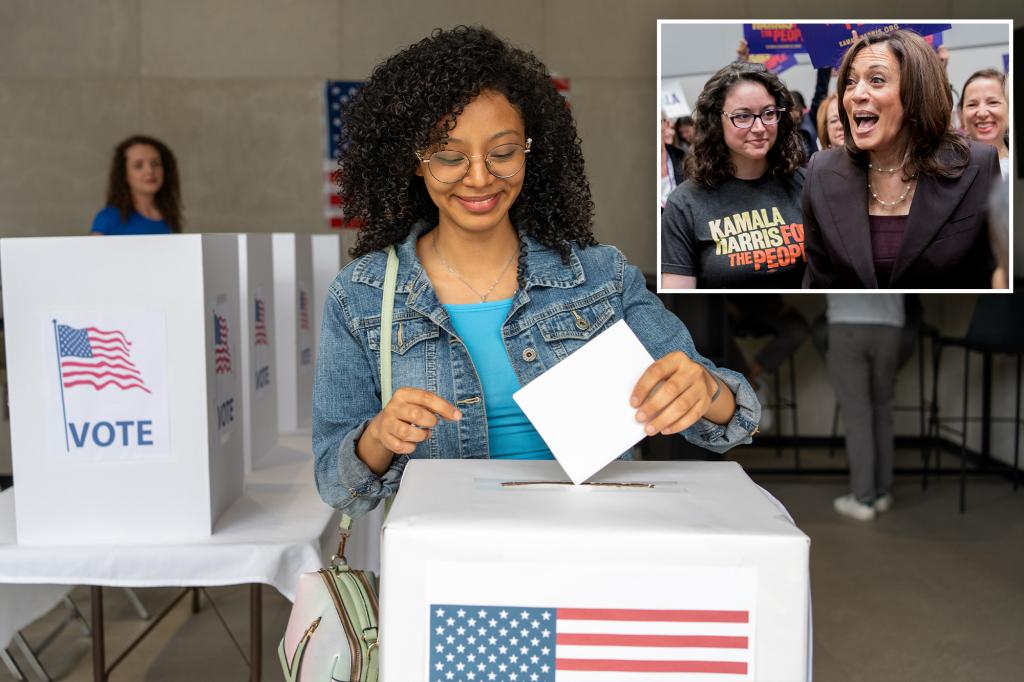Over the past two decades, there has been a significant increase in the number of liberal young women, with their views on key issues leaning further to the left according to an analysis of polling data. The average of 40% of women aged 18 to 29 identifying as liberal in recent years is a noticeable rise from previous years, indicating a trend towards increased liberalism among this demographic.
While the liberal young women demographic has always had the largest number of liberals, the gap between them and other demographics has widened over the years. Initially, the difference in the number of liberal young women and men was minimal, but has now increased to a 15-point gap. This change suggests a significant shift in political ideology within the younger female population compared to previous generations.
There are various factors that could have influenced the increase in liberalism among young women, with the most significant growth occurring over the last decade. The #MeToo movement and recent abortion bans across the country may have played a role in shaping the political beliefs of this demographic, leading to a higher proportion of liberal young women in today’s society.
Not only are there more liberal female 20-somethings, but their policy beliefs are becoming increasingly liberal as well. This shift is evident in areas such as abortion rights, gun control, race relations, and environmental policies. The significant increase in support for abortion rights among young women since the Obama era reflects changing attitudes towards social issues.
The rise in liberal views among young women could have a significant impact on elections, particularly if they become a cohesive voting block. Researchers suggest that the under-30 female voters are aligned on several key issues and express dissatisfaction with the current state of the country. The unified support for liberal policies among young women suggests a potential shift in the political landscape.
Overall, the increase in liberalism among young women suggests a changing landscape in political beliefs and values within this demographic. The shift towards a more liberal stance on key issues indicates a growing trend towards progressive ideologies among young women, potentially influencing future elections and policy decisions. The unified support for liberal policies and discontent with the status quo among young women could lead to significant changes in the political arena.


